FLAT 10% OFF ON YOUR FIRST ORDER. USE IVER10
Acetylcysteine Tablet
Price range: $85.00 through $320.00
Acetylcysteine Tablet is an effervescent mucolytic medication that effectively thins and loosens thick mucus in respiratory conditions like chronic bronchitis, asthma, and emphysema. This fast-acting formula helps clear airways and improve breathing within 30-60 minutes. Available at Ivermectins.com, we provide authentic medications with discreet global shipping to the US, UK, Australia, and other countries. Our secure platform ensures confidential ordering while maintaining pharmaceutical standards. Consult your doctor before use and benefit from our reliable service, competitive pricing, and expert support. Order now for effective mucus clearance with this convenient effervescent tablet formulation.
- Buy 2 and get Flat 15% Off. Use B2SAVE15
- Buy 3 and get Flat 20% Off. Use B3SAVE20
Acetylcysteine Tablet – Mucolytic Treatment for Respiratory Conditions
Acetylcysteine Tablet is an effective mucolytic agent used to treat respiratory diseases with excessive mucus production. This effervescent tablet formulation helps thin and loosen thick mucus secretions in conditions like chronic bronchitis, asthma, emphysema, and other obstructive airway diseases. By reducing mucus viscosity, it facilitates easier expectoration and improves breathing. The tablet dissolves quickly in water, providing rapid action that typically begins within minutes and lasts several hours. Acetylcysteine also possesses antioxidant properties that may help protect lung tissue from damage.
Uses of Acetylcysteine Tablet:
- Treatment of chronic bronchitis with excessive mucus
- Management of asthmatic conditions with viscous secretions
- Therapy for pulmonary emphysema
- Adjunct in other obstructive airway diseases
- Helps in mucous clearance for easier breathing
Benefits of Acetylcysteine Tablet:
- Rapid action – begins working within minutes
- Effective mucus thinning for easier expectoration
- Improves breathing by clearing airways
- Reduces chest tightness and wheezing
- Convenient effervescent tablet formulation
- Antioxidant protection for lung tissue
Side Effects of Acetylcysteine Tablet:
- Gastrointestinal discomfort (most common)
- Nausea or vomiting
- Mild fever
- Skin rash (rare)
- Headache
Most side effects are mild and temporary. Consult your doctor if persistent or severe.
How to Use Acetylcysteine Tablet?
Dissolve one effervescent tablet in a glass of water and drink immediately. Can be taken with or without food, but maintain consistent timing (typically twice daily). For optimal results, maintain adequate hydration throughout treatment. Complete the full prescribed course even if symptoms improve earlier. If you miss a dose, take it when remembered unless close to next dose time – never double dose.
How Acetylcysteine Tablet Works?
Acetylcysteine works through two main mechanisms: mucolytic action and antioxidant activity. It breaks disulfide bonds in mucus glycoproteins, reducing viscosity and making secretions easier to expel. As an antioxidant, it helps neutralize harmful free radicals and replenishes glutathione levels in lung tissue, potentially protecting against oxidative damage.
Safety Advice:
- Asthma Patients: Use with caution – may trigger bronchospasm
- Pregnancy: Generally safe when prescribed
- Breastfeeding: Considered compatible
- Driving: No known effects on driving ability
- Alcohol: No known interactions
- Hydration: Maintain good fluid intake
What If You Missed a Dose?
If you forget a dose, take it as soon as remembered unless it’s nearly time for the next dose. In that case, skip the missed dose and continue with your regular schedule. Never take two doses together to make up for a missed one.
FAQs:
Q1: How quickly does Acetylcysteine Tablet work?
The mucolytic effects typically begin within 30-60 minutes after administration, with maximum benefits seen within 2-3 hours. Effects can last 4-6 hours per dose.
Q2: Can I take cough suppressants with this medication?
Avoid cough suppressants as they may interfere with mucus clearance. Expectorants may be used if recommended by your doctor.
Q3: Is this safe for long-term use?
Acetylcysteine can be used long-term under medical supervision for chronic conditions. Regular monitoring is recommended for extended therapy.
Q4: Can children take this medication?
Generally not recommended for children under 2 years due to potential airway obstruction risk. For older children, use only under pediatric guidance.
Q5: Why is hydration important during treatment?
Adequate fluids help enhance mucolytic effects and prevent dehydration. Aim for 8-10 glasses of water daily unless contraindicated.
Q6: Can this cause anemia?
High doses may rarely cause dose-related hemoglobin reduction. Regular blood tests are advised during prolonged treatment.
Q7: What should I do if I experience bronchospasm?
Stop taking immediately and seek urgent medical attention if you experience worsening breathing difficulty after dosing.
Q8: Can I take this with nitroglycerin medications?
Use with caution as Acetylcysteine may potentiate nitroglycerin effects. Monitor for dizziness or low blood pressure.
Q9: How should I store the tablets?
Keep in original packaging at room temperature, protected from moisture. The effervescent tablets are hygroscopic and may degrade if exposed to air.
Q10: What’s the best time to take this medication?
Typically taken morning and evening, but timing can be adjusted to when mucus problems are most bothersome (e.g., before bedtime for nighttime symptoms).
| Pack Size | 100 Tablets, 200 Tablets, 300 Tablets, 400 Tablets |
|---|


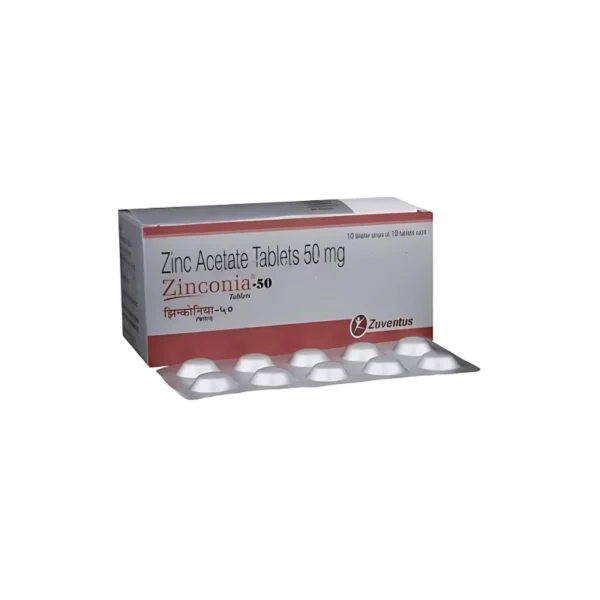

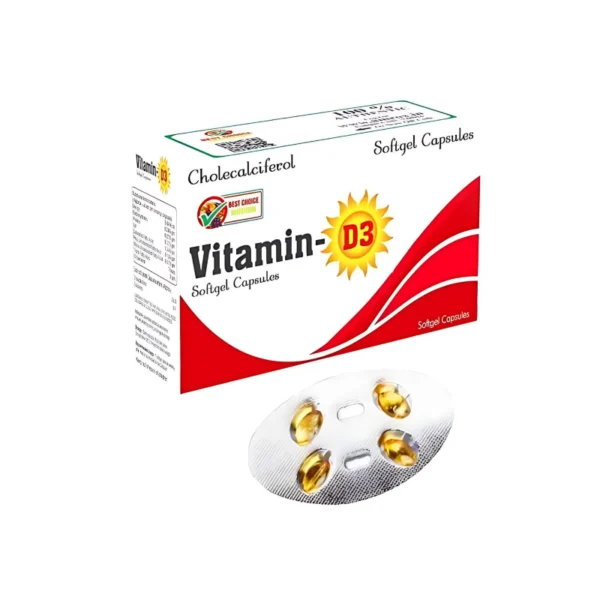
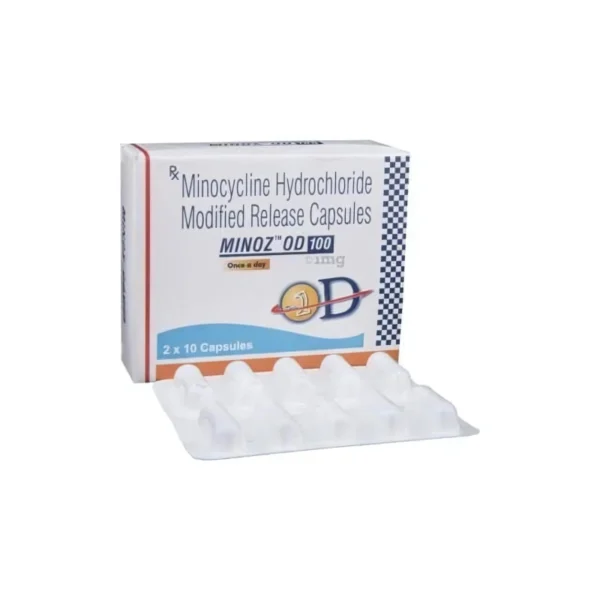

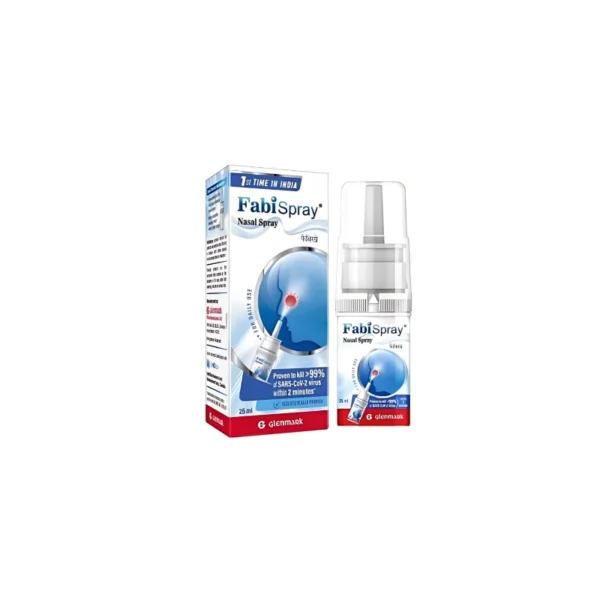
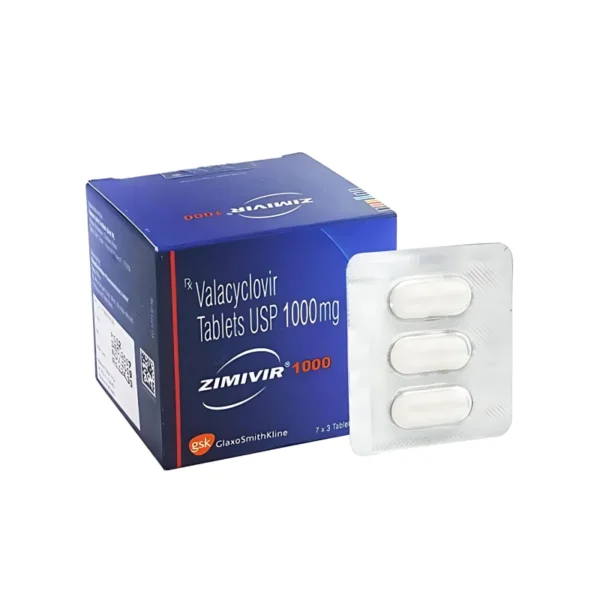
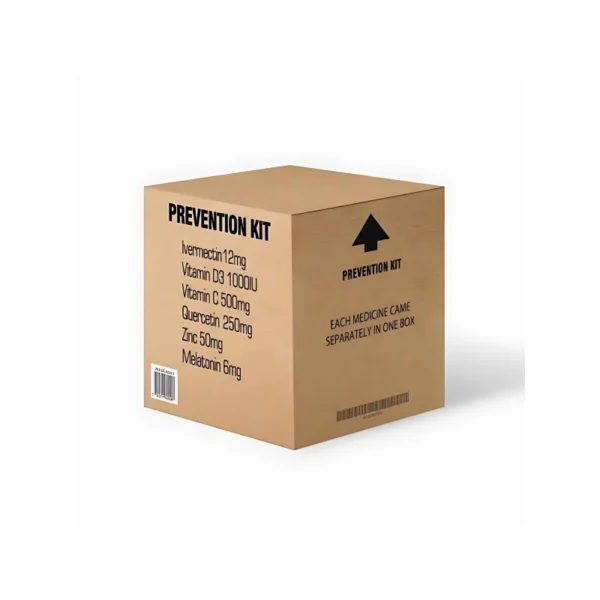
Reviews
There are no reviews yet.